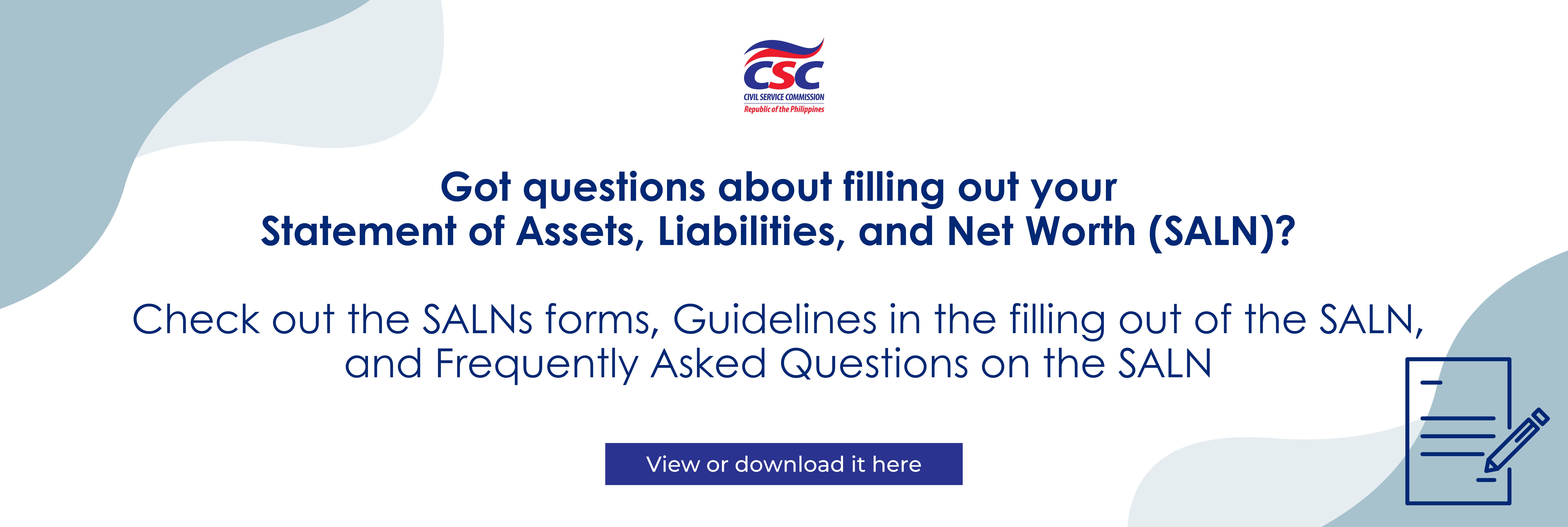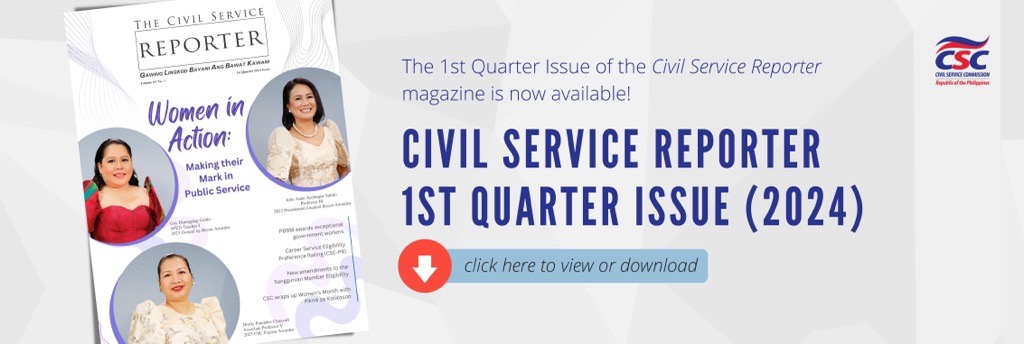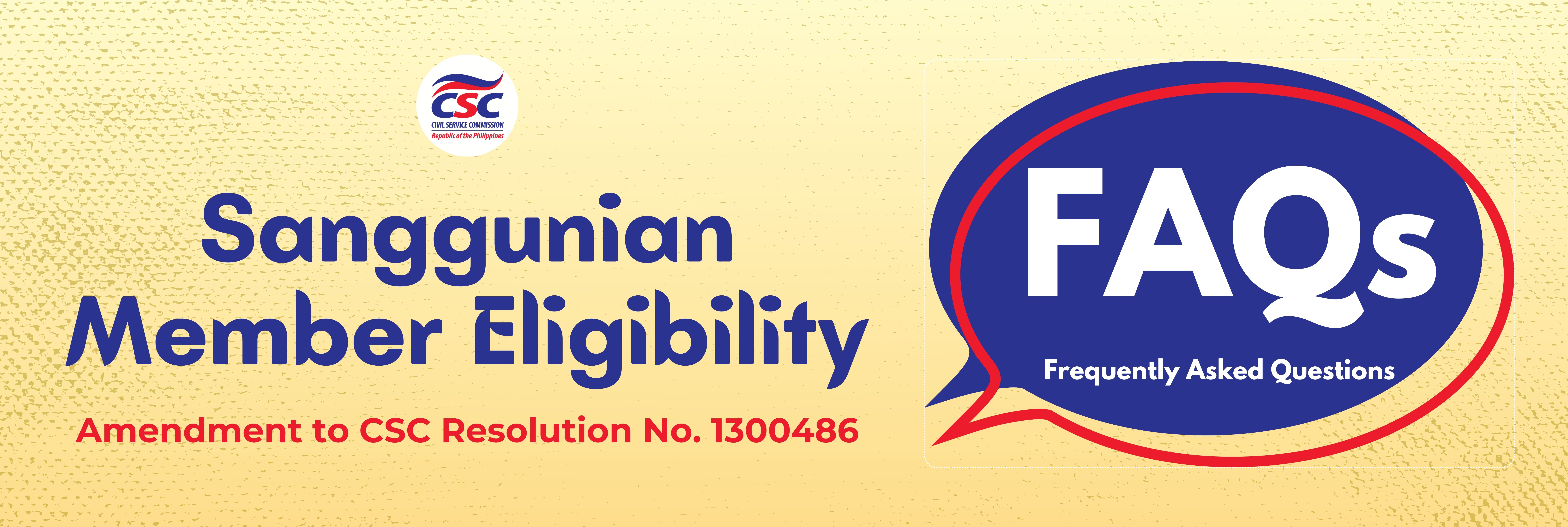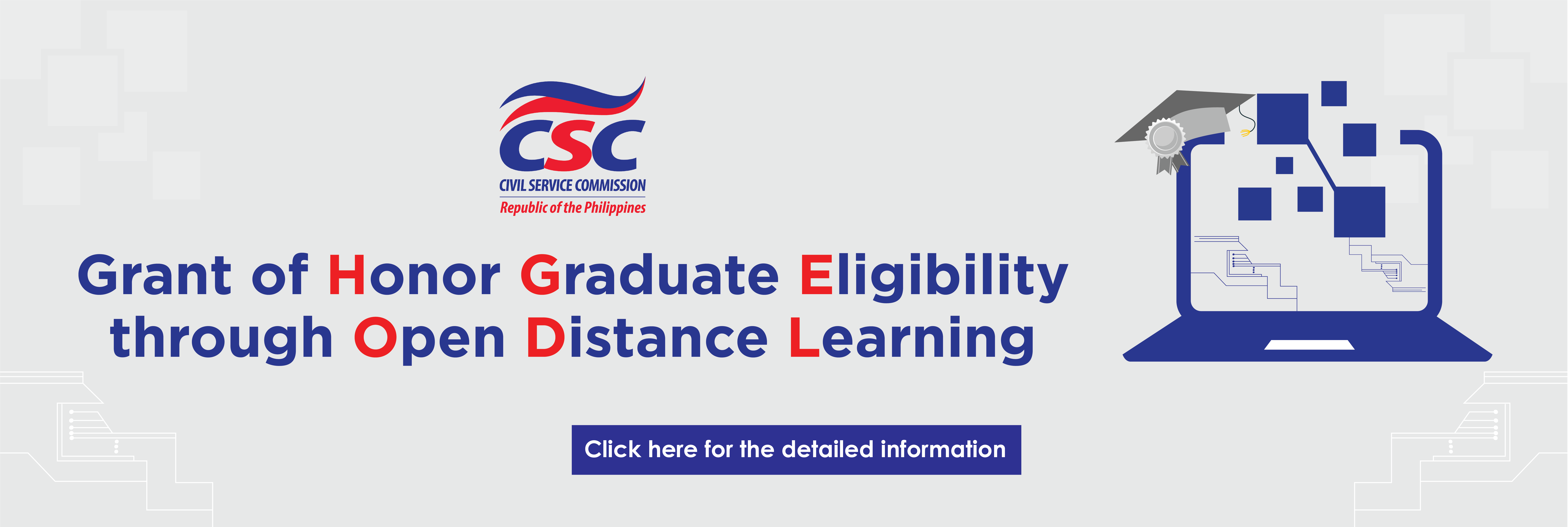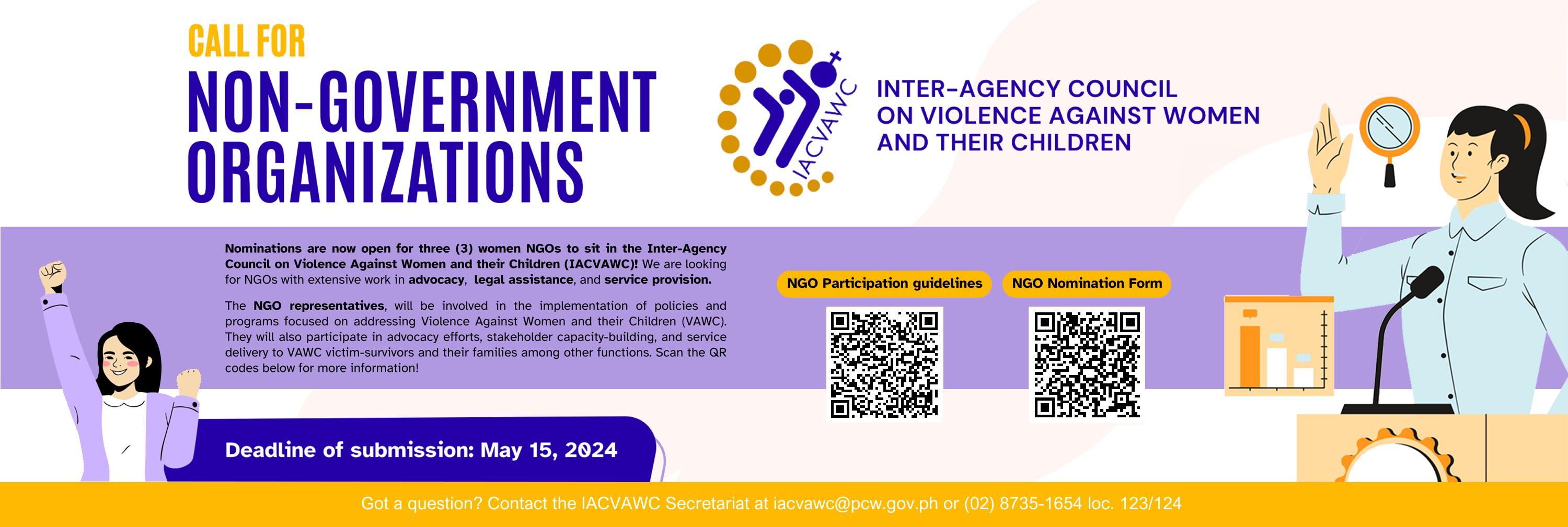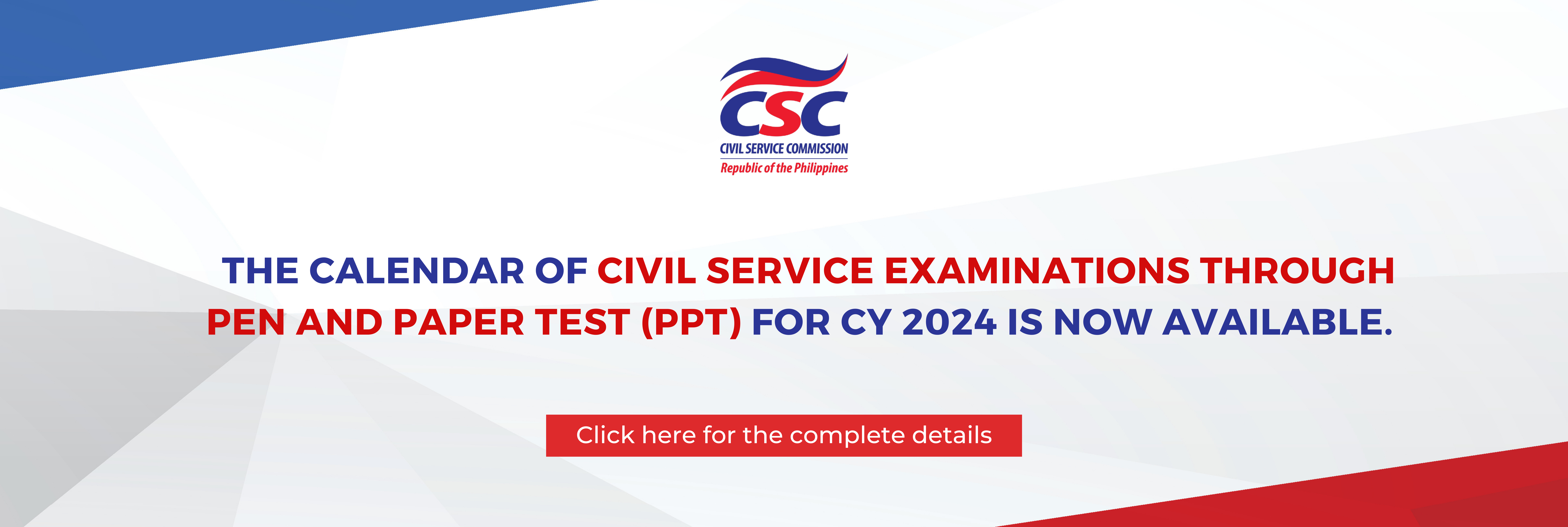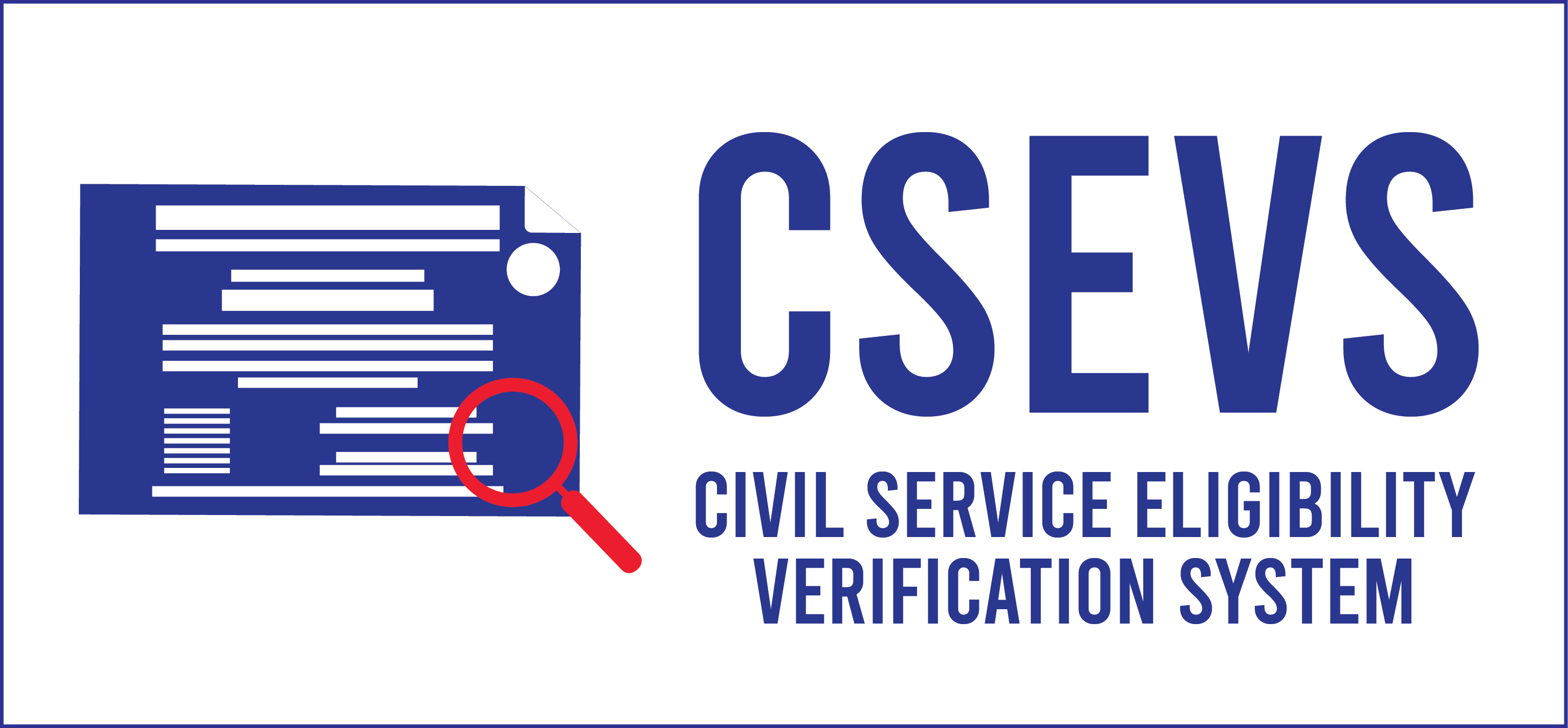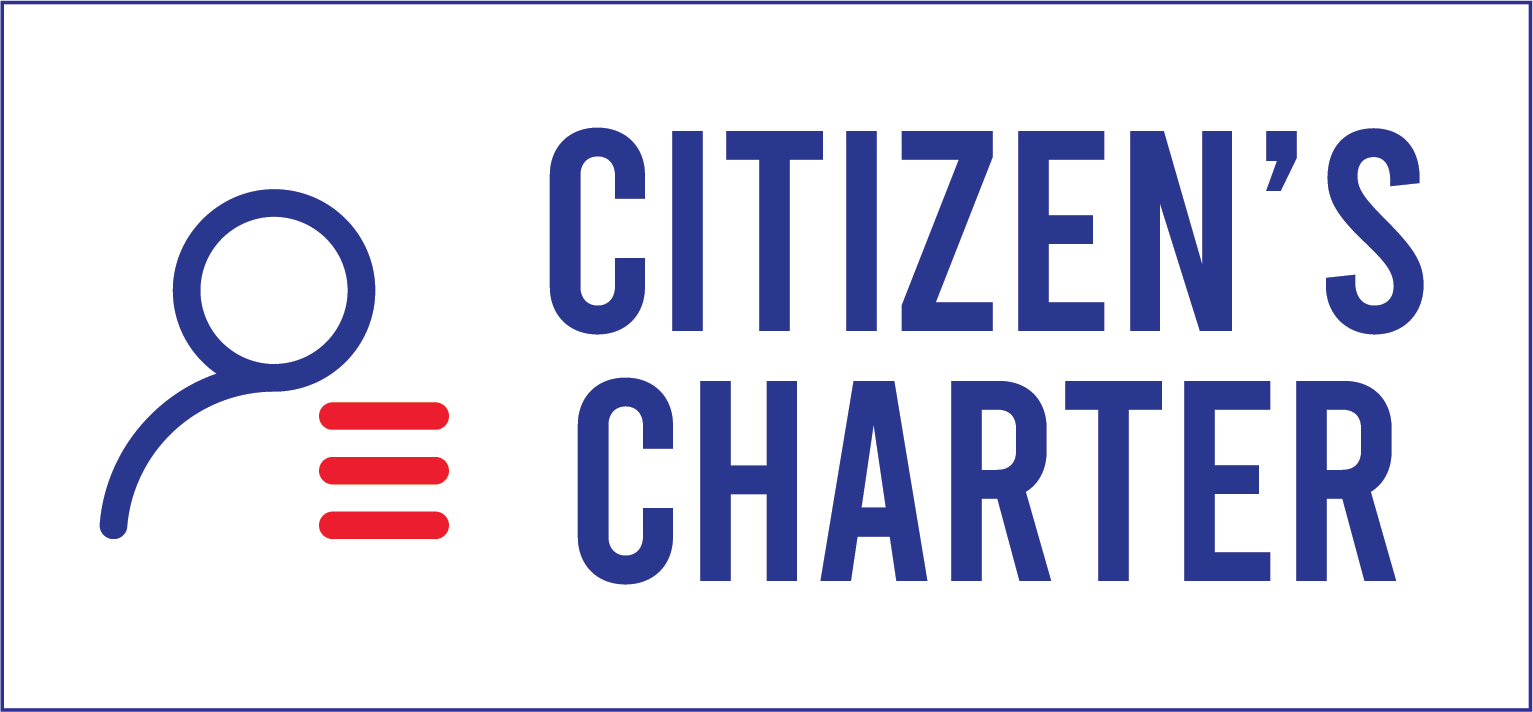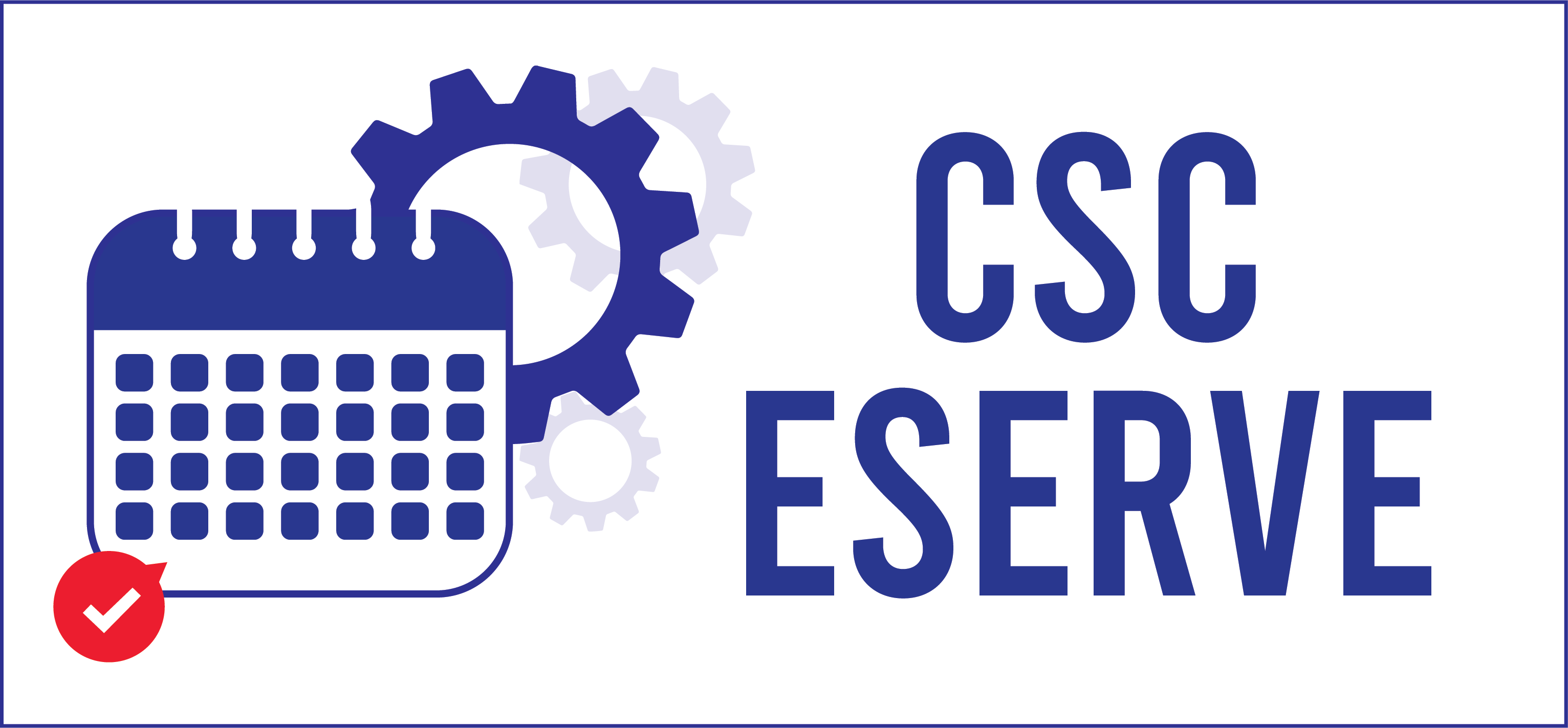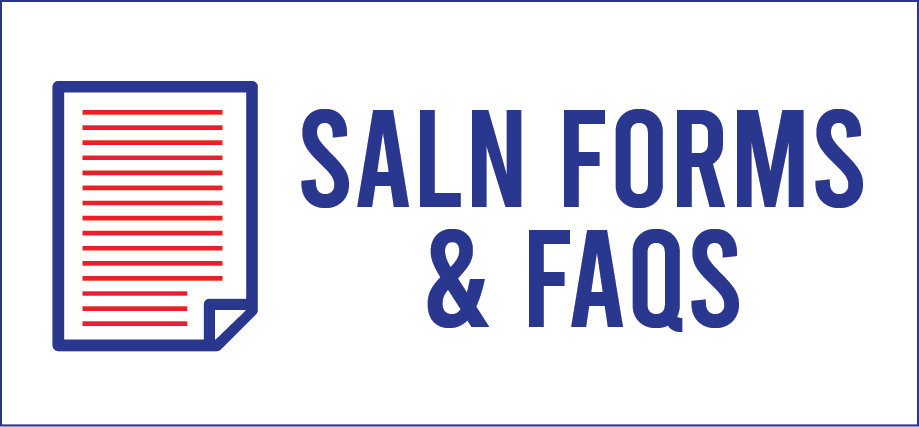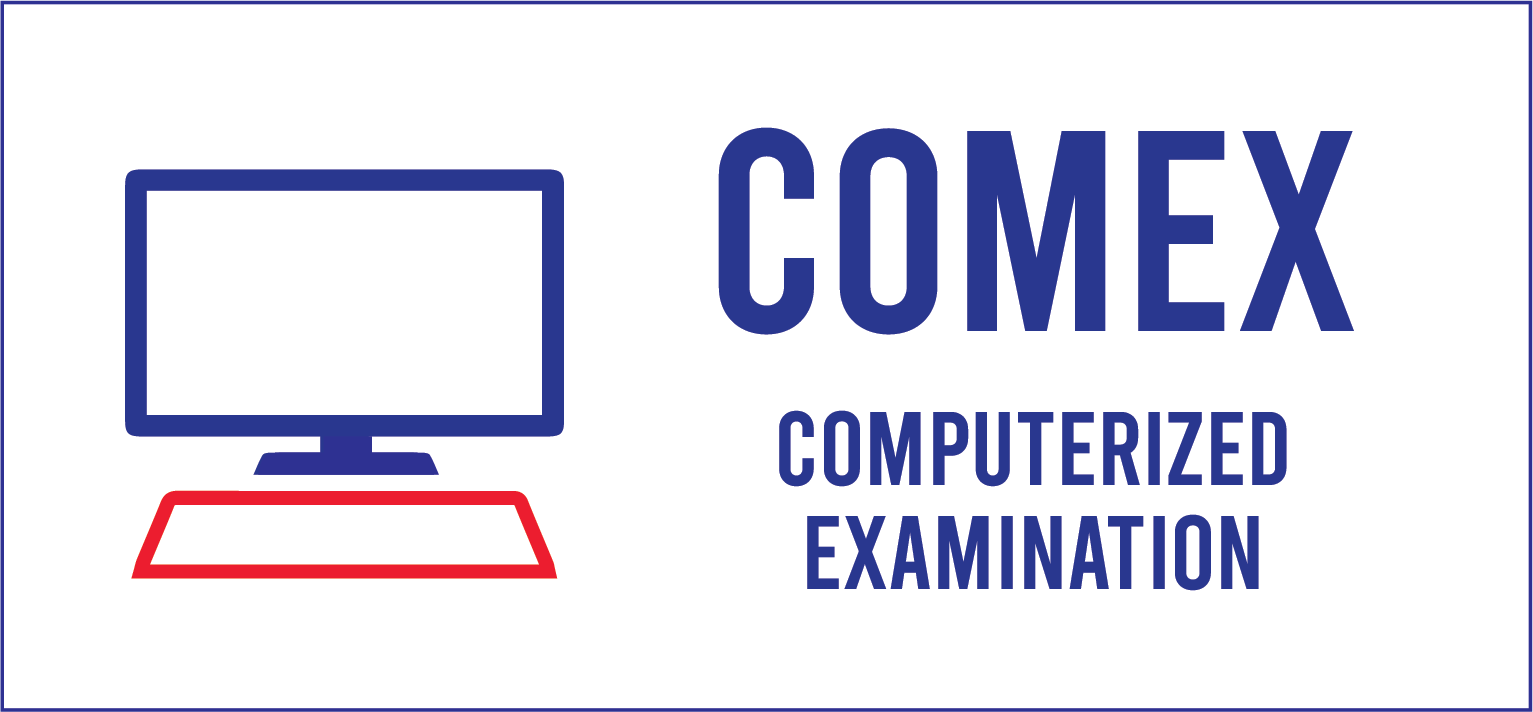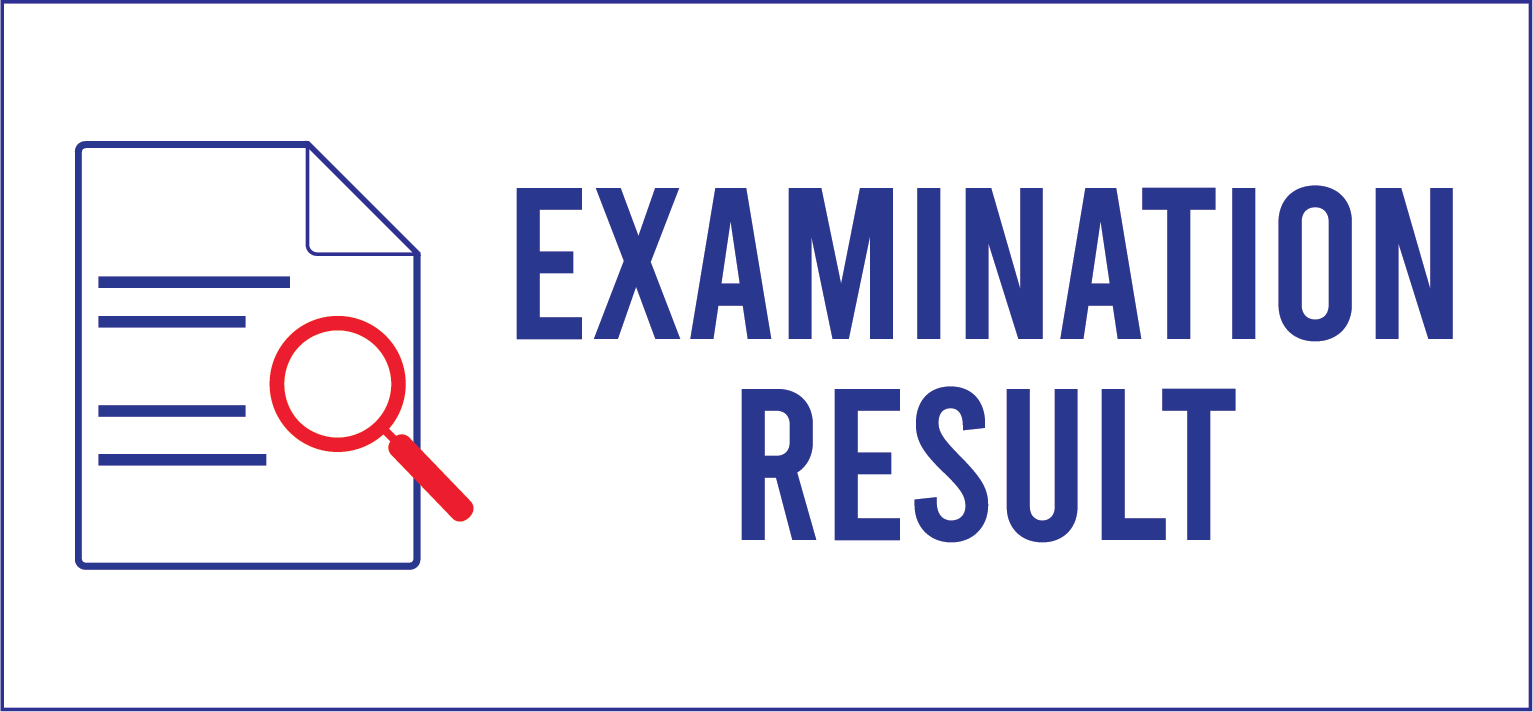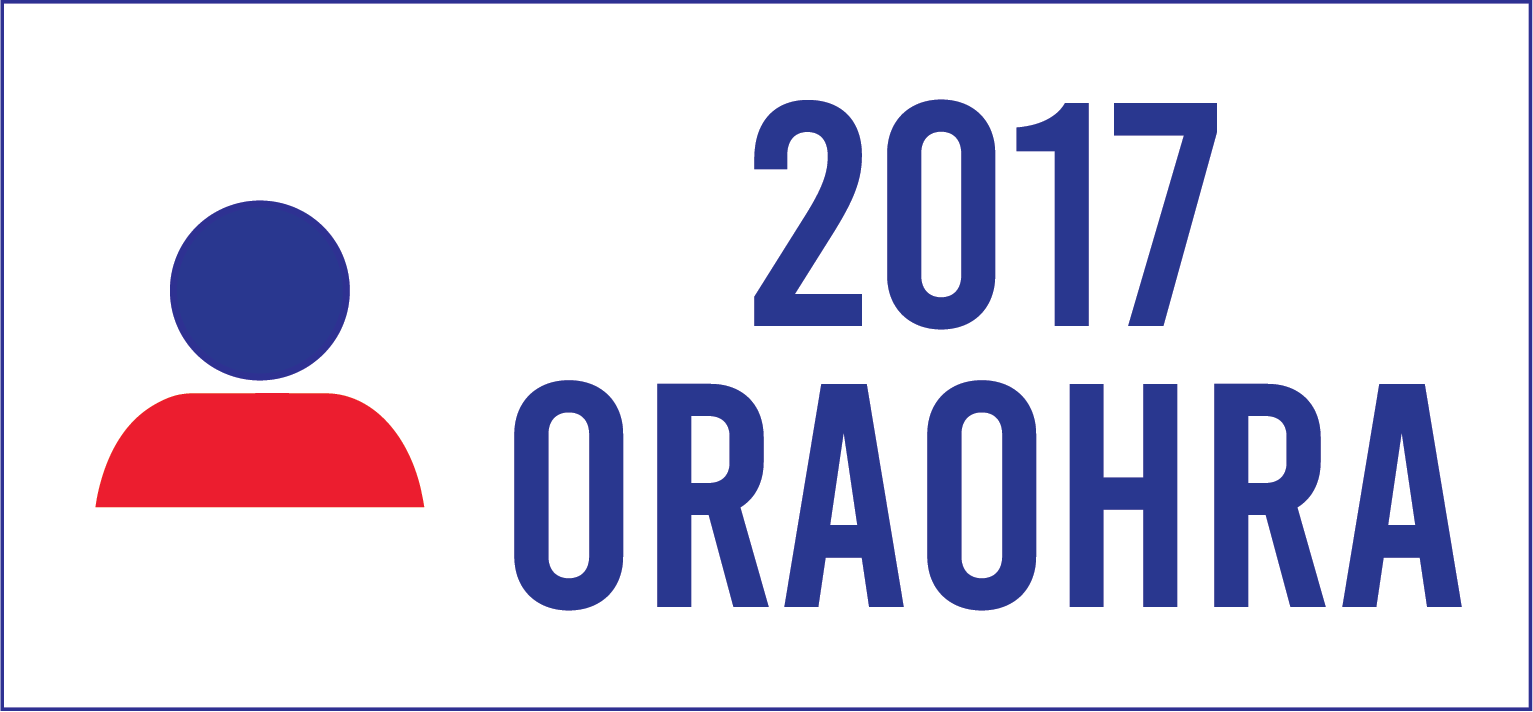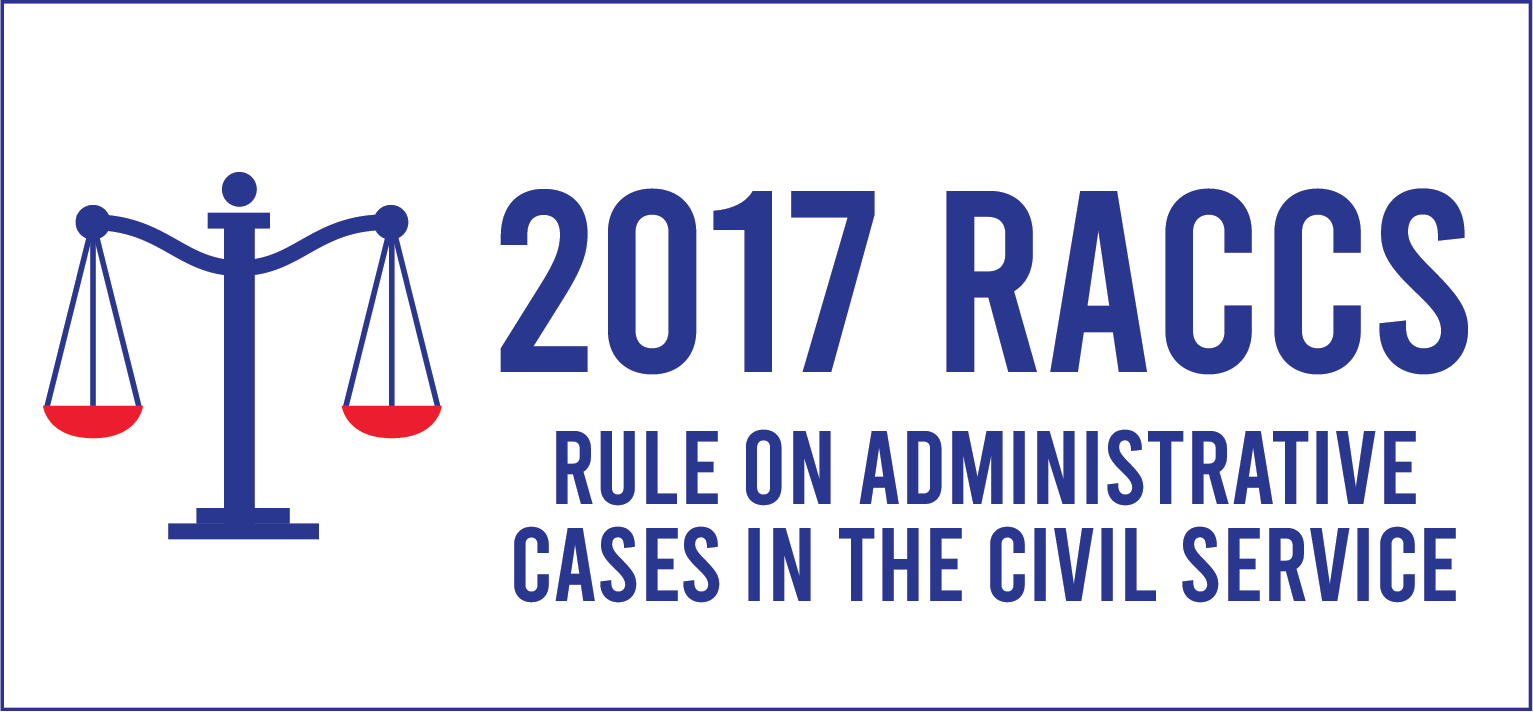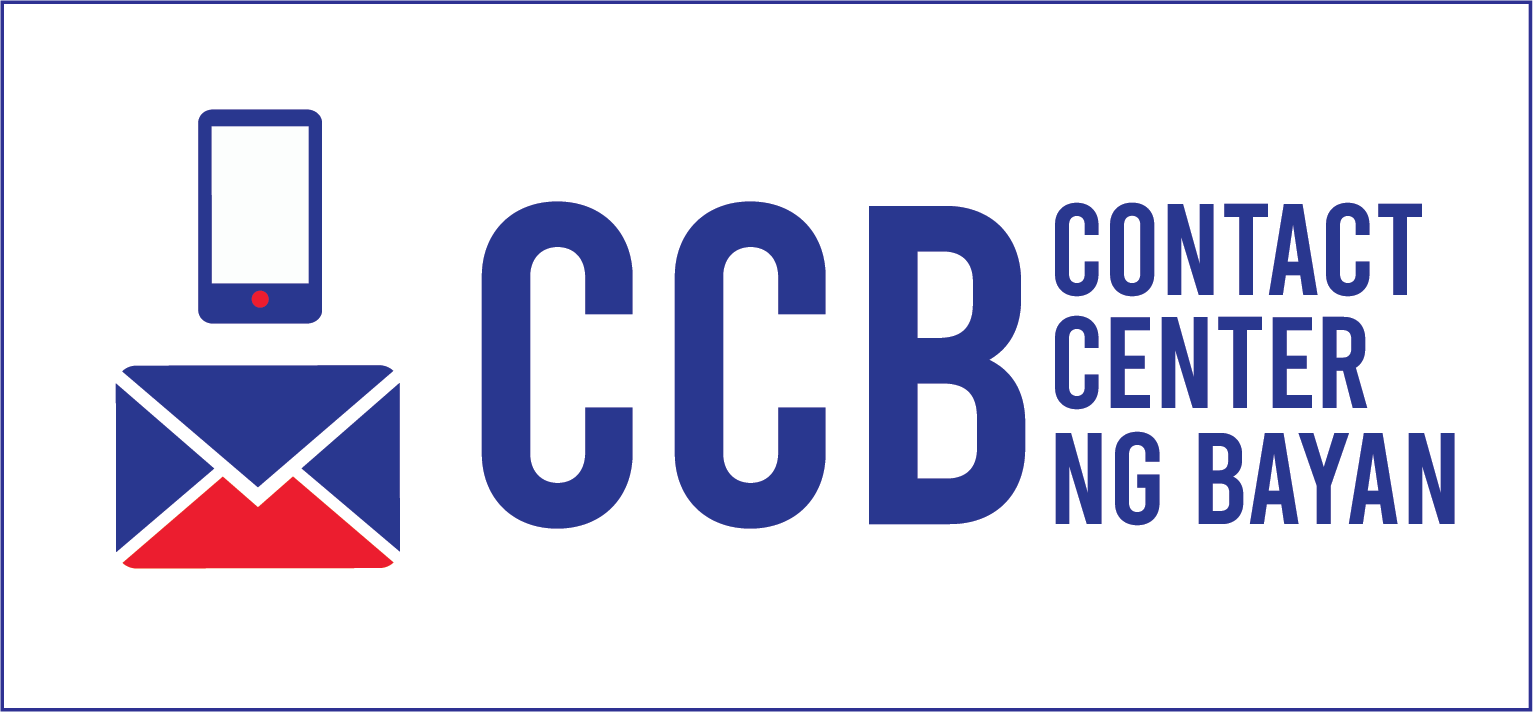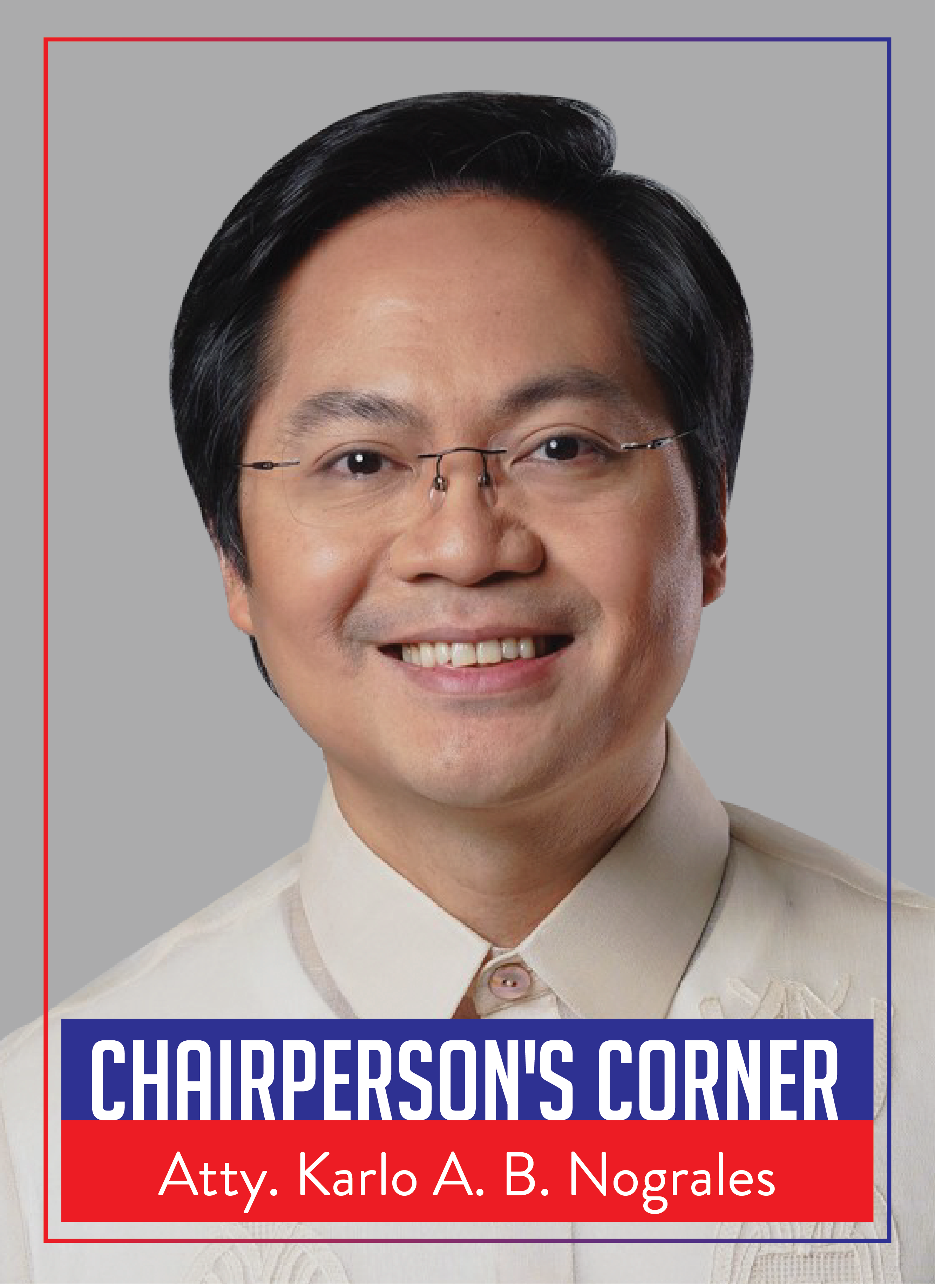With the passage of Republic Act No. 11494, also known as the “Bayanihan to Recover as One Act” or “Bayanihan 2”, the Civil Service Commission (CSC) urged government agencies to revisit and apply civil service policies that support the response and recovery measures mandated by the said law.
To augment human resources involved in addressing the COVID-19 pandemic, the CSC issued Memorandum Circular No. 14, s. 2020 or the Interim Guidelines on Appointments and Other Human Resource Actions for the Period of State of Calamity Due to COVID-19 Pandemic in July 2020.
The interim guidelines allow reassignment, detail, transfer, and designation to augment human resources involved in addressing the pandemic.
Human Resources for Health (HRH), such as but not limited to medical and allied medical staff, may be reassigned or detailed to other government hospitals or temporary medical facilities requiring supplemental health workforce during the state of national emergency.
Furthermore, licensed professionals, such as but not limited to medical and social workers, who are holding administrative and other positions in the government, may be reassigned, detailed, transferred, or designated to perform additional duties, upon their consent, to healthcare or other government facilities in the exigency of the service. This applies for the duration of the state of national emergency to augment the depleting number of frontliners where their services are necessary, provided that appropriate training is provided prior to deployment.
Meanwhile, qualified officials and employees in the career service may be reassigned to stations or posts near their homes or home provinces if within the region, during the imposition by the National Government of Enhanced Community Quarantine (ECQ) and Modified Enhanced Community Quarantine (MECQ).
The CSC policy also allows agencies to fill up vacant positions resulting from promotion without awaiting action of the CSC on promotional appointments. This applies to positions related to health, social service, and similar positions providing essential services in this time of national health emergency.
However, the CSC stressed that recruitment of skilled workers shall still comply with the qualification standards of the positions as provided under the 2017 Omnibus Rules on Appointments and Other Human Resource Actions (ORAOHRA), as amended.
R.A. 11494 mandates the hiring of additional workers to complement or supplement the current health workforce and ensure adequate number of personnel dedicated for COVID-19 testing.
Occupational safety and health
The provision of personal protective equipment (PPE) to health workers, barangay officials, and other frontliners in the public sector is supported by Joint Circular No. 1, s. 2020 issued by the CSC with the Department of Health and the Department of Labor and Employment. Issued in March this year, the joint circular requires all government agencies to develop and implement an Occupational Safety and Health (OSH) program to protect government employees from the dangers of injury, sickness, or death in the workplace.
Among the reasonable working conditions provided in the circular is the provision of OSH Standard-compliant PPE and devices.
Other prescribed workplace standards include installation of adequate fire, emergency, or danger signs, facilities for persons with disabilities, and health clinic or treatment room; regular practice of good housekeeping such as eradication of stagnant water and proper waste disposal; OSH Standard-compliant building construction and maintenance, space requirement, walkway surface, floor and wall openings, among others; proper handling, use, and storage of hazardous materials; and implementation of an indoor air quality management program.
Government agencies must also establish a Risk Reduction Management System and a Crisis Management Plan and Contingency Program, as well as ensure adequate emergency supplies such as fire extinguishers, medical first aid kits, among others. They must also partner with the nearest government health facility that can respond to accidents and injuries in case of emergencies.
Alternative work arrangements
In the adoption of work-from-home and other alternative work arrangements (AWA) in government, as authorized by R.A. 11494, government offices may refer to CSC Memorandum Circular No. 10, s. 2020 or the Revised Interim Guidelines for Alternative Work Arrangements and Support Mechanisms for Workers in the Government During the Period of State of National Emergency Due to COVID-19 Pandemic issued last May.
Said policy allows agencies to adopt four kinds of AWA, namely, work-from-home arrangement, skeleton workforce, four-day or compressed workweek, and staggered working hours, and requires them to formulate their internal rules and regulations to effectively implement the AWA they adopted.
An agency may also adopt work arrangements consisting of a combination of these, or other work arrangements appropriate and applicable to the agency considering the prevailing community quarantine in the area where it is located and the nature of work performed by its employees.
To ensure that public service delivery is not prejudiced during the implementation of AWA, a monitoring mechanism, such as submission of daily or weekly accomplishment reports, must be implemented.
To protect government workers’ health and safety, the CSC requires agencies to implement precautionary measures prior to resumption of normal operations, such as disinfection and decontamination activities, conduct of health status check among employees, and modification of workplace layout to ensure observance of physical distancing requirements.
Agencies are also mandated to enforce health standard protocol at all times such as wearing of face masks, taking of body temperature, and setting up of sanitation stations.
Moreover, support mechanisms, such as health/psychosocial interventions, provision of personal protective equipment (PPE) to employees, and reasonable transportation facilities and housing quarters, should be made available to government workers.

